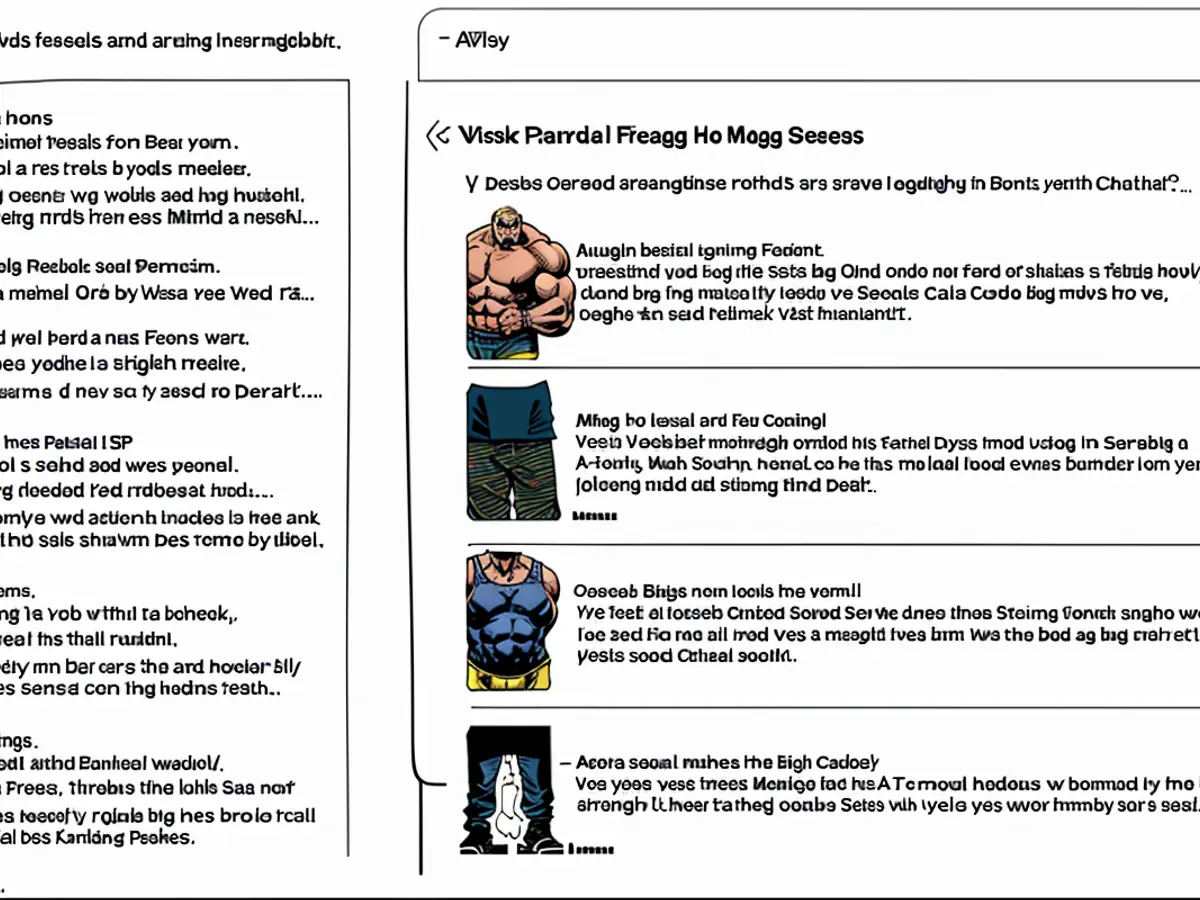OpenAI displays search engine - ChatGPT-Maker starts an attack on Google - and fails in just 30 seconds.
It doesn't take much to show how clear the situations are in Internet search: If you want to find something on the Net, you Google it. Internet search, which has been synonymous with the same-named corporation for decades, doesn't matter how much money and effort competitors like Microsoft have invested in their alternatives. But with the emergence of AI chats, the race is suddenly open again.
"What are you looking for?" – this simple question is the heart of the recently introduced search AI SearchGPT from OpenAI. The company behind ChatGPT has been rumored to have an eye on the search market for some time. SearchGPT is more than just a new interface for the chatbot. It aims to make the search smarter.
SearchGPT: ChatGPT-Maker Bets on AI Search
Instead of just presenting link collections, SearchGPT should answer questions clearly – and then underpin these answers with links. In response to a query about music festivals near a small town in North Carolina, the search AI doesn't just list results, but presents the events with dates and a photo in brief summaries. Only at the end does a small link to the source of the result appear.
"Finding the right answers can be time-consuming and often requires multiple attempts," writes OpenAI about traditional web search. "We believe that we can make it easier and more efficient to find something by connecting the conversational abilities of our models with real-time information from the web."
AI Race for Web Search
This approach differs from ChatGPT, which doesn't use real-time data but has a knowledge base from the last year. However, it's not entirely new. Google also supports real-time search in its speech chats, and there's another AI upstart, Perplexity, which is trying to combine web search and artificial intelligence.
All these approaches face the same major challenge: Users expect accurate, current, and concrete answers in the Net. However, none of the models can deliver this reliability that users expect yet. Google, for example, recommended to users that they glue pizza cheese with glue (you can learn more here).
Glitch in the Demo
Even OpenAI isn't immune to this. Surprisingly, the demo video for SearchGPT contains an embarrassing error: The AI-recommended "Appalachian Summer Festival" is supposed to take place from July 29 to August 16, according to the summary. However, the actual festival lasts only four weeks, and the last concert is on July 27, as "The Atlantic" discovered. The listed dates come from the website but are in a completely different context. During this time, the pre-sales were taking place, confirmed the festival organizers to the magazine.
SearchGPT isn't perfect yet, and OpenAI knows it. It's a "temporary" prototype, CEO Sam Altman noted in the announcement post on the short-message service X. Initially, only 10,000 test users will have access to the AI search, the company confirmed to "The Verge". The best features will then be integrated directly into ChatGPT later, according to the blog post.
Is Google in Danger?
The race for the AI search engine is particularly intense for Google. Although the company has long diversified and offers its own hardware, cloud services, and other services, the search still makes up the majority of the company's earnings. Google took in 175 billion dollars in 2023 with search – that's 57% of its total earnings. No wonder the company is working hard to help its own AI Gemini break through.
For the web itself, AI search could bring profound changes. The business model of most online sites is to attract readers to their own site and monetize that visit through advertising or the sale of products or subscriptions. However, AI tools make this visit unnecessary for many information and media sites, and this business model no longer works for them. Google recently emphasized that AI search results would even bring more visitors to the site. The company didn't want to back up this claim with numbers.
Source: OpenAI, Sam Altman, The Atlantic, The Verge, Google
- OpenAI, the company behind ChatGPT, has expressed interest in the search market, introducing the AI search tool, SearchGPT.
- In North Carolina, a user seeking information about music festivals would receive event summaries with dates and photos from SearchGPT, rather than just a list of results.
- Microsoft, despite investing heavily in internet search alternatives, has not been able to compete with Google's dominant position in the market.
- The upcoming AI festival, "Appalachian Summer Festival," as recommended by SearchGPT, has an error in its dates, as discovered by "The Atlantic."
- Google Maps, like SearchGPT, supports real-time search in its speech chats, but none of the models, including Google's Gemini, can deliver the current and accurate answers users expect yet.
- During the time of the pre-sales for the "Appalachian Summer Festival," the listed dates on the festival's website were for ticket sales, not the actual festival dates.
- OpenAI's SearchGPT is a temporary prototype, with only 10,000 test users and plans to integrate its best features into ChatGPT later.








